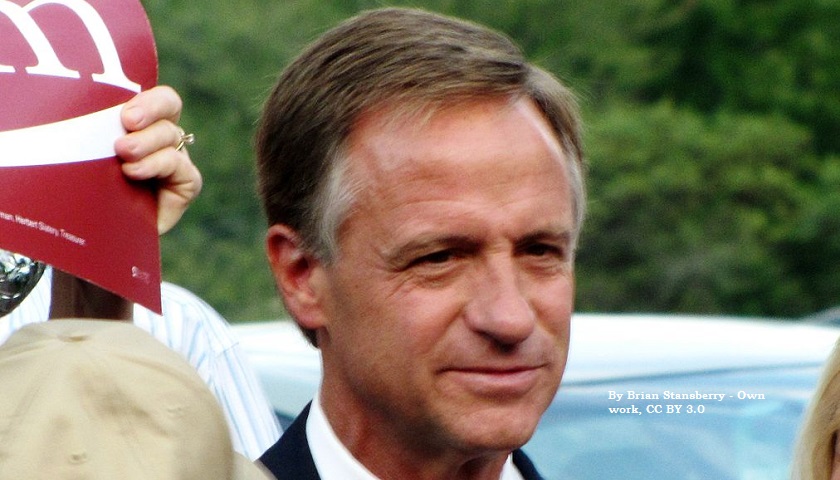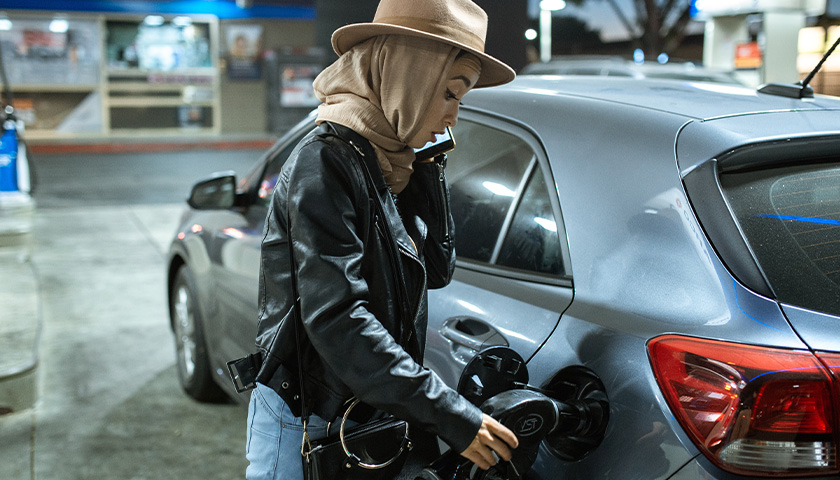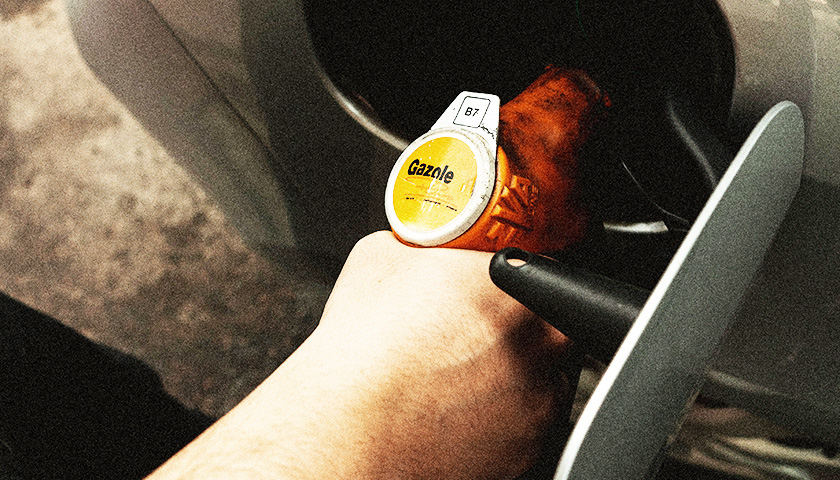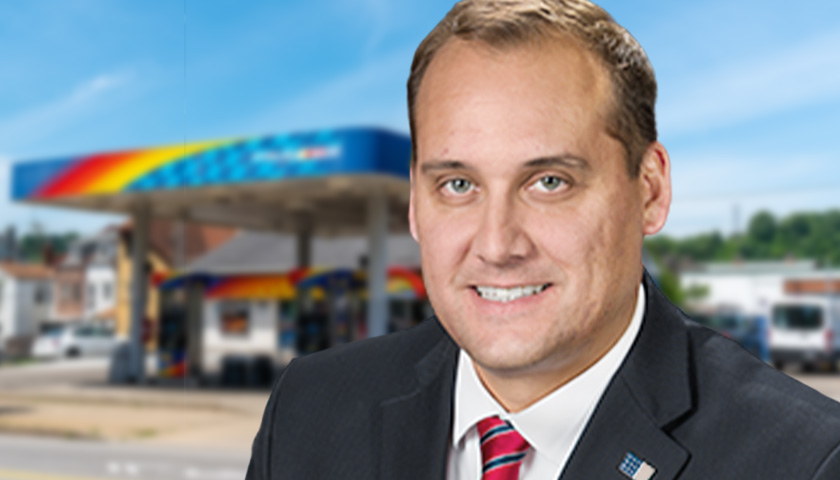Gov. Haslam appeared on 99.7 FM WWTN’s Nashville Morning News with Ralph Bristol on Thursday to defend his controversial proposal to increase the gas tax by 7 cents per gallon (from 21 cents to 28 cents) to fund more road construction. His proposal also increases the diesel tax by 12 cents per gallon (from 18 cents to 30 cents).
Haslam specifically took aim at the increasingly popular alternative to his proposal, the Hawk Plan, which would fund road construction by reallocating 0.25 percent of the 7 percent state sales tax from the general fund to road construction.
“Your main opposition to the alternative to your plan, the Hawk Plan . . . is that that would shift the burden for paying for our roads and bridges from out-of-state users of the roads to Tennesseans unrelated to their road usage. Do you have any way to quantify that balance now and how much shift this would produce?” Bristol asked.
“We’re in the process of doing that. I think it’s safe to say that the increase I’m proposing for fuel that half of that would come from either out of state automobile drivers or trucking companies,” Haslam told Bristol.
“That’s actually not the only issue. The second there is to say is if you’re going to take that from the general fund, where are you going to cut?” Haslam asked.
It was a question he would pose several times in the interview.
“The answer, they believe, is you that don’t have to cut anything, because we’ve got large and fairly consistent surpluses. We can continue to fund government at its present level and even a little higher,” Bristol said.
“That’s actually not true,” the governor responded emphatically.
“A lot of those increases are non-discretionary,” Haslam said, noting that TennCare, health care, health insurance, and pension plan costs have all gone up.
“Since I’ve proposed the budget I’ve had a steady stream of legislators come in and say you need to add this to the budget. I haven’t had one come in and say, let’s cut this from the budget,” Haslam said.
“The proponents of the Hawk plan say… your plan…does shift the overall tax burden of the state a little bit more towards the most vulnerable financially because the increase in the gas tax is more than the decrease in the grocery tax, so the shift is going to the poor and the middle class even though it’s an overall tax swap,” Bristol stated
“Number one, you believe like I believe if you cut that business tax you will see more growth,” Haslam responded.
“Number two, in terms of who will be helped well again . . . what are you going to cut?” the governor asked, repeating the theme that ran through the interview.
“You do have some discretionary increases in there including salaries, you could give smaller salary increases,” Bristol pointed out.
Gov. Haslam did not warm to that idea.
“Tennessee has a lower combined federal and state gas tax than all but 2 of our 8 neighboring states. Your gas and diesel tax plan will give us gas and diesel tax higher than our neighbors. Does that give you pause?” Bristol asked.
“Almost every one of those other states, in talking with their governors, is saying we’re going to have to do something, we just haven’t been able to do it yet,” Haslam responded.
Bristol suggested that a compromise halfway between the Hawk Plan and his own proposal might make some sense, but Gov. Haslam, at least in this interview, did not indicate much willingness to consider compromise.
Bristol then pressed another issue raised by critics of the governor’s gas tax proposal
“I’m hearing doubt in their voice about the claims there’s a significant contribution from out-of-staters,” Bristol noted.
“Go out on the interstate right now,” the governor began his response, “and look at all the trucks driving the interstate…” he continued, then paused.
“There’s actually no way to track exactly,” Haslam conceded.
“We can on diesel fuel … there’s really not a way [on gas],” he admitted.
The public debate over the two competing proposals to fund more road construction continues, and is likely to play out further next week, when both bills come for their first consideration at the Transportation Subcommittee, chaired by State Rep. Terri Lynn Weaver (R-Lancaster).





